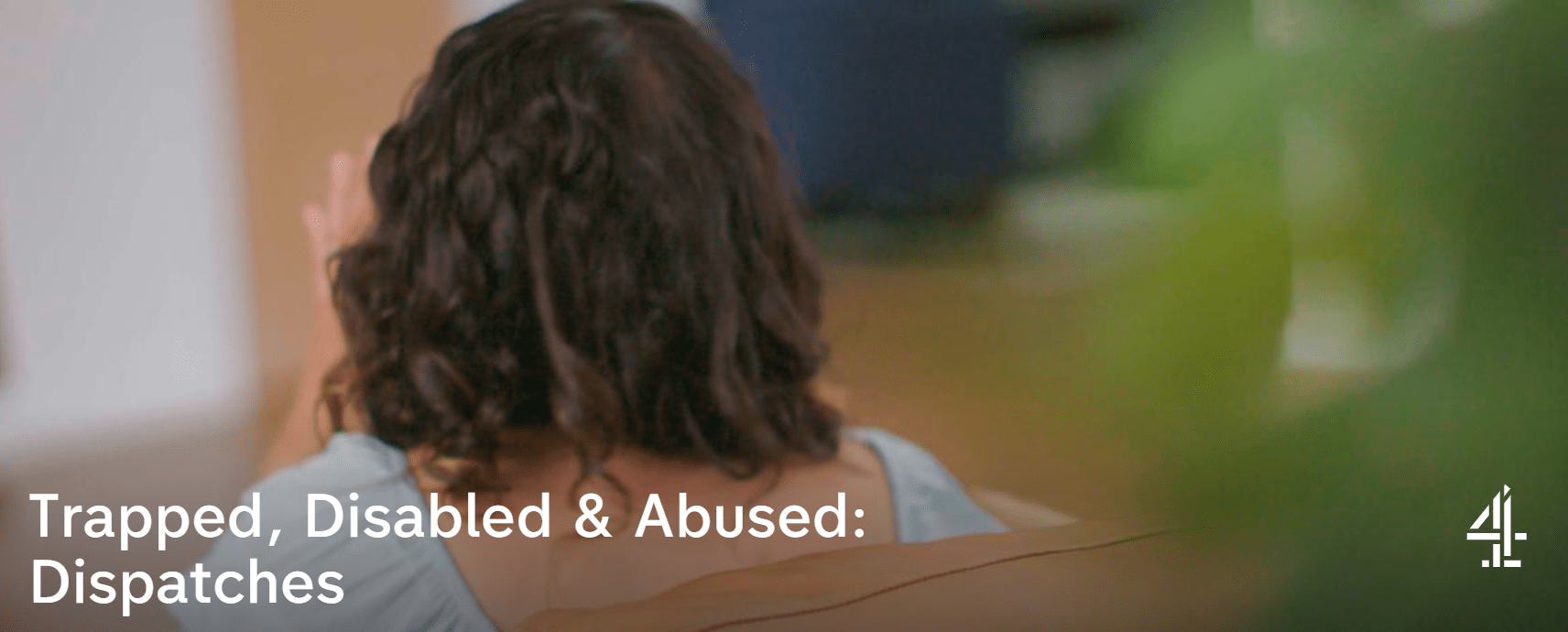Review by Mark Langabeer, Hastings and Rye Labour member
This week’s Channel 4 Dispatches programme gave an account of the disgraceful barriers faced by disabled people when facing domestic abuse. Sophie Morgan, the programme presenter, and a disability activist, highlighted the scale of the abuse.
She gave an account of abuse she suffered herself, from a former boyfriend, and although she wasn’t physically abused, she suffered more subtle forms of abuse. She recalled, for example, that her wheelchair was taken away, leaving her stranded.
She interviewed in the programme a guy who depended on his partner. His was a controlling relationship that involved access to money and medications. A part of the abuse was included fear and he later discovered that his partner had had a history of abuse. When he sought refuge, he was initially offered a place in a nursing home, but this proved unsuitable because the needs of those in residential care were different to his. After four weeks, he left and managed to get a flat with all kinds of warning and alarm devices.
The programme noted that only one per cent of all domestic abuse refuges have disability access and even the Disability Commissioner said that the system is failing to protect the disabled. The outcomes for those with learning difficulties is poor and they are three times more likely to suffer abuse than the non-disabled. Many end up returning to an abusive relationship or entering mental health institutions.
Disable twice as likely to be abused
In general, the disabled are twice as likely to be abused than the non-disabled and are more likely to go back into an abusive relationship. Conversely, the abusers are unlikely to be convicted because the disabled with learning difficulties are regarded as unreliable witnesses.
Sophie interviewed a deaf woman who gave an account of her experience with the Police. Because of problems with communication, it was her, not the abuser who was then arrested! She was handcuffed, which deprived her from any form of communication. Dispatches surveyed over 2,500 front line professionals including health workers and police officers. Only a quarter had specific training of abuse that involved the disabled.
The programme noted that the disabled are five times less likely to get funding for abuse survivors. There are 14 million people with disabilities in the UK, yet there are only five centres that give help and support for disabled survivors.
A disability activist described the Police as institutionally ‘disablist’ because so few cases of abuse lead to convictions. Sophie made the point in the programme that coercive control had become normalised in many relationships that involved those with disabilities and every hour, a disabled person somewhere suffers domestic abuse.
In my opinion, a society can be judged on how it treats its most vulnerable. A Labour Government, which can’t come soon enough, should ensure that disabled abuse survivors receive the same level of support than the non-disabled.
The Channel 4 programme is available to watch here.



